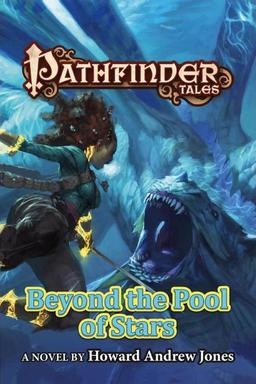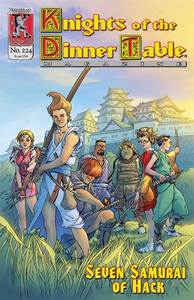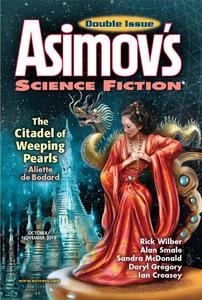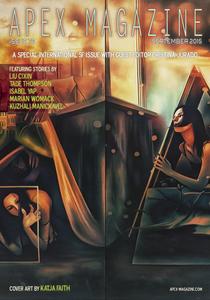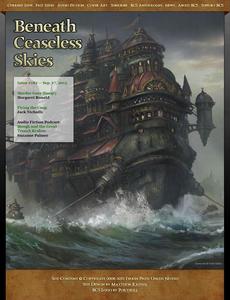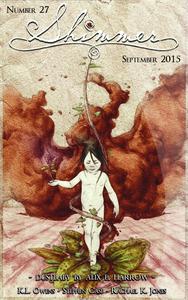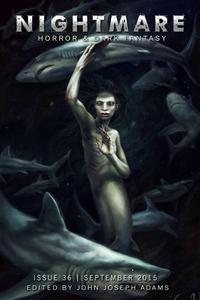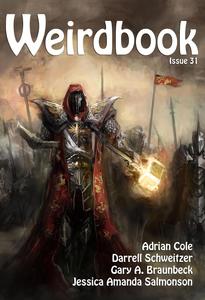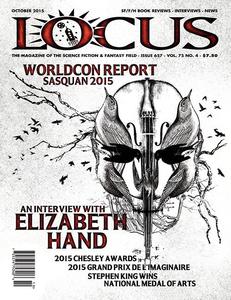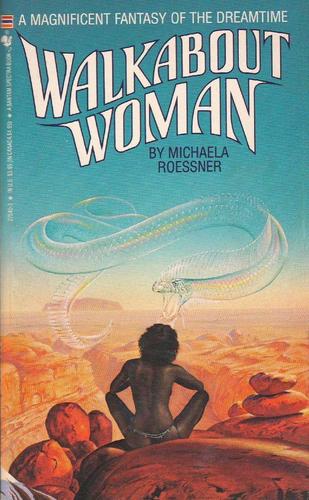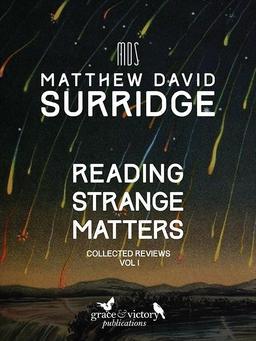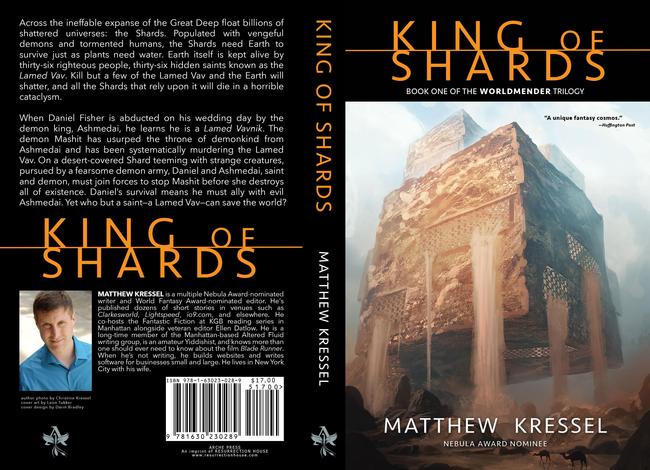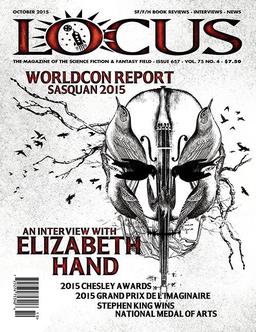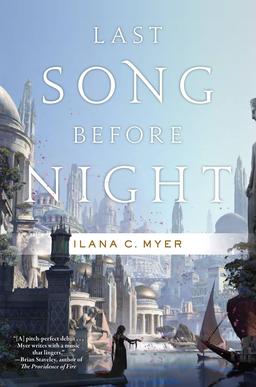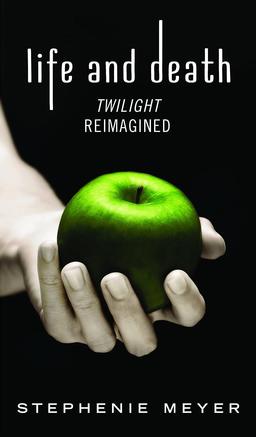October 2015 Lightspeed Magazine Now on Sale
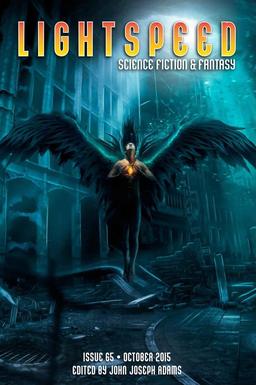 In his editorial this month, John Joseph Adams takes a few minutes to highlight a few of his accomplishments in the past month. It’s an impressive list.
In his editorial this month, John Joseph Adams takes a few minutes to highlight a few of his accomplishments in the past month. It’s an impressive list.
In case you missed the news last month, we won another Hugo!… Lightspeed took home the rocket for Best Semiprozine, but also, just as exciting, there were two other Lightspeed Hugo victories: Thomas Olde Heuvelt’s story from Lightspeed, “The Day the World Turned Upside Down,” won the Hugo for Best Novelette, and one of our illustrators, Elizabeth Leggett, won the Hugo for Best Fan Artist. Congrats to them both, and thanks to everyone who voted for all of us… We won the Hugo for Best Semiprozine last year as well, but most of our team wasn’t able to be in London to accept the award in person (none of us except for our podcast producer, Stefan Rudnicki, were able to make it), so having all of us there in person this year made it extra special for us.
In related news, I also personally won an Alfie Award (for Best Editor, Short Form), a new, possibly one-off award presented by George R.R. Martin. It was created in response to controversy this year over the Hugo nominations… (They’re made out of vintage car hood ornaments, which closely resemble the original shape of the first Hugo Awards.)
This month is the debut of Best American Science Fiction and Fantasy, part of the prestigious Best American series. In it, guest editor Joe Hill and I present the top twenty stories of 2014 (ten science fiction, ten fantasy).
This month Lightspeed has original fantasy from Emil Ostrovski and Nike Sulway, and fantasy reprints by Kevin Brockmeier and Delia Sherman, and original SF by Maria Dahvana Headley and Adrian Tchaikovsky, plus SF reprints by An Owomoyela and Gregory Benford. All that plus their usual author spotlights, an interview with security expert and futurist Marc Goodman, and book and movie reviews. eBook readers get a bonus novella reprint of James Tiptree Jr.’s “Slow Music,” and a pair of novel excerpts.
